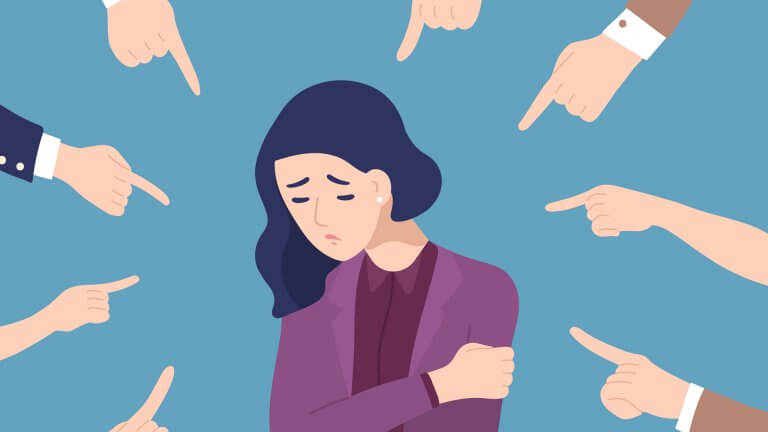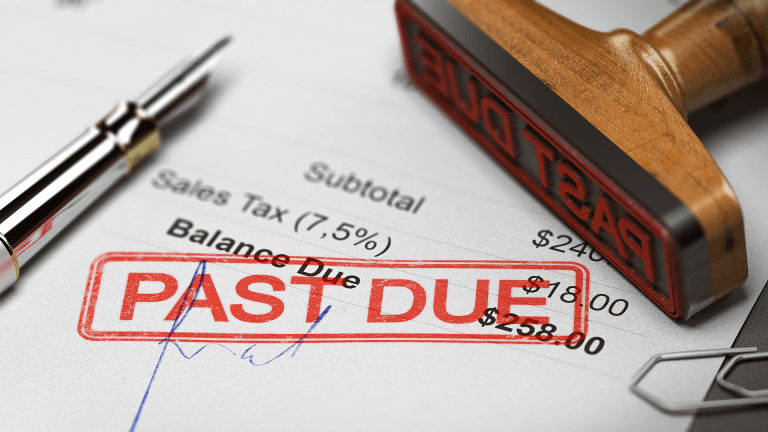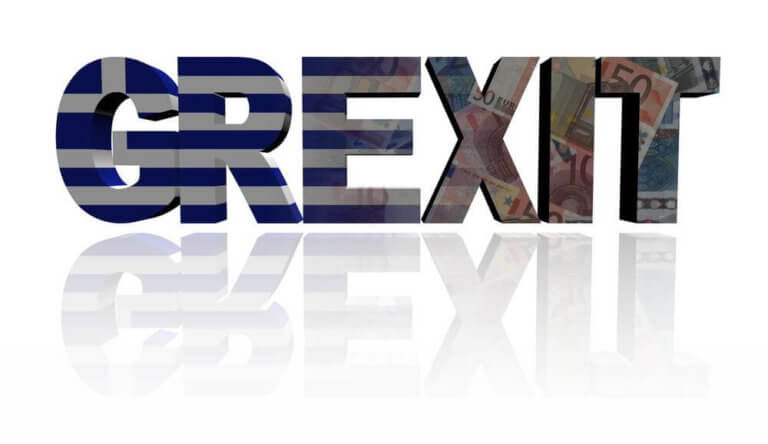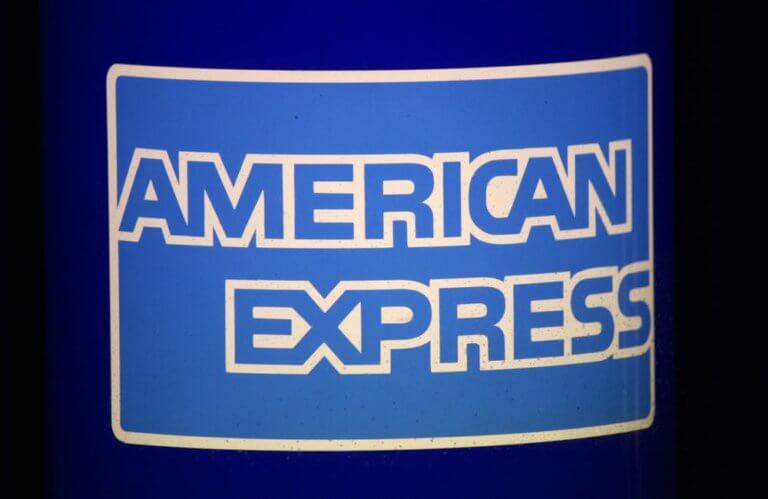It’s a generally accepted notion that the more something costs, the higher the quality of the goods. The underlying question is, are those goods in fact better quality or are they believed to be because of the price tag?
Rationale
Generally speaking, people aren’t rational beings; at least not all the time. They tend to make rash decisions based on emotion and/or perception. Everyone has a different motivation for making luxury brand purchases. It can be a reward for an accomplishment, trying to gain social acceptance from peers or because it improves their self-esteem.
Marketing
In order to have a successful endeavour with any business, marketing is essential. You need to establish a brand that consumers trust. Lesser-known companies and products are being introduced to the public through subscription boxes. These boxes are especially beneficial to eCommerce businesses. Through kitting, various products are sent to consumers, items they may not have known about previously, helping the business to keep their inventory with lower overhead costs.
Price Pleasure
Buying luxury items is driven by emotion. Studies have shown there is an emotional attachment between the cost of items and the perceived quality. Even when exact replicas are available at a fraction of the cost, consumers will still purchase the higher-priced item.
Blind price experiments have been executed, with the exact same bottle of wine, but different labels. On one bottle of wine, the original label is covered with a more expensive price. On the other bottle, of the exact same wine, the label is covered with a less expensive price. The end result, despite being the exact same wine, subjects consistently chose the more expensive wine as being better quality.
To add to the validity of the study, they did another experiment with the same bottle of wine. However, the second time, they switched the labels identifying which wine was more costly. Consistently, the wine with the more expensive price label was identified as being the better-tasting wine.
This conundrum is referred to as a marketing placebo effect. It’s when consumers associate more pleasure or quality from items that cost more. It’s essentially tricking your brain to associate less risk and higher quality with a more expensive price. This doesn’t just apply to things consumers buy for themselves, but also gifts for others. Aligning higher costs with the perception of higher quality goods makes for an expensive holiday shopping season.
Status
For as far back as you can go in history, you’ll find having things that are commonplace among elitists creates a source of envy and motivation for the average person. Essentially, people strive to achieve luxury items as a badge of honor for others. It’s a way to display a level of success in life marked by having items not everyone can afford. That’s not to say that everyone has the same motivation to buy these big-ticket items. For some people, especially where artwork is concerned, owning a piece can be born from true appreciation of the work as opposed to buying it because they can.
It all boils down to perceived happiness. Often, people who make purchasing luxury items a priority, despite their own economic standing, may be compensating for some aspect of their life that’s lacking.
At the turn of the 20th century, owning and displaying certain luxury brands evokes a sense of accomplishment. Moreover, these expensive items add to one’s perceived worth and success the more they are envied by those who can’t afford them.
Money can’t buy happiness, but it can help fill the void for something else you may be missing in life.
























